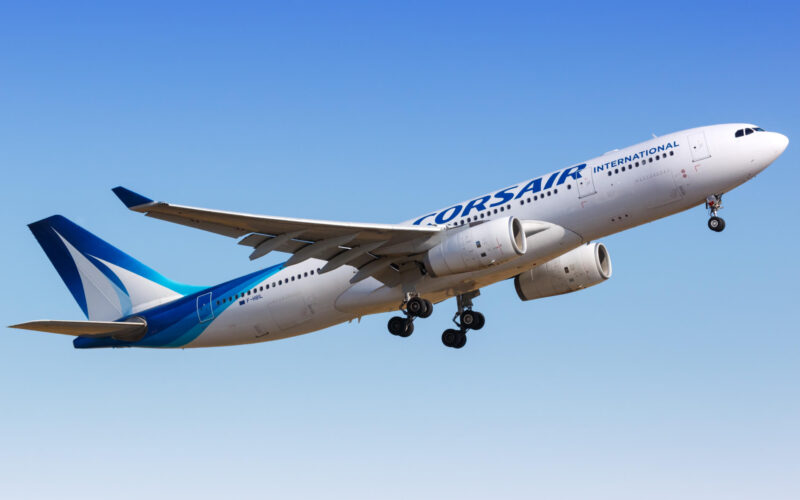Marc Rochet, the CEO of Air Caraïbes and the low-cost French Bee, worries that the public aid about to be granted to Corsair International will disrupt competition.
On November 26, 2020, Corsair announced it signed an agreement providing for “a global financial contribution of nearly €300 million” from “the State and a consortium of investors.” Out of the sum, state aid would amount to €141 million.
But for Rochet, such aid risks distorting the competition. Aids coming from the State “responsible for the sacred taxpayers’ money” should not “harm the healthy companies that are in place,” he told La Tribune on November 30, 2020. The executive fears the money would be used in order to consolidate Corsair’s fleet instead of bringing its “structural” deficit under control. The “completely disproportionate” amounts would create “a context of unfair competition and non-compliance with [European] Commission guidelines on state aid.”
Pascal de Izaguirre, the CEO of Corsair, answered Rochet’s attacks. “Given the exceptional nature of the crisis, and no one disputes that air transport is one of the most affected and damaged sectors (…), no airline can get through this crisis without state aid. either in France or in all the other countries, all the States help their national companies,” de Izaguirre told BFMTV while reminding that Air Caraïbes, through its shareholder Dubreuil Group, also requested a loan guaranteed by the State. Furthermore, “the dossier we have been working on for several months is done in very close relation with Brussels,” and thus comply with European law, de Izaguirre argues.
The Corsair aid plan, which also includes investments from a consortium of fifteen tourism and hotel investors based in the West Indies, Reunion Island, and Guyana, as well as the current shareholders, TUI and Intro Aviation, should be examined by a French commercial court on December 1, 2020.

